Carrots are one of the most popular and versatile vegetables in the world. They are crunchy, sweet, and nutritious, and can be eaten raw, cooked, or juiced. Carrots are also rich in vitamins, minerals, antioxidants, and fiber, which can benefit your health in many ways. In this blog post, I will share some tips and tricks on how to choose, store, and prepare carrots, as well as some of the advantages and disadvantages of eating them. I will also discuss some of the awareness and danger issues related to carrots that you should know.
Tips and Tricks
- When buying carrots, look for firm, smooth, and bright-colored ones. Avoid carrots that are limp, cracked, or have green tops, as they may be old or spoiled.
- Store carrots in a plastic bag in the refrigerator for up to two weeks. Cut off the green tops before storing, as they can draw moisture from the roots and make them dry out faster.
- Wash carrots well before eating or cooking them. You can peel them or leave the skin on, depending on your preference. The skin contains some nutrients and fiber, but it may also have some dirt or pesticides residues.
- You can eat carrots raw as a snack or add them to salads, sandwiches, wraps, or dips. You can also cook them in various ways, such as boiling, steaming, roasting, baking, frying, or microwaving. Carrots can enhance the flavor, color, and texture of soups, stews, casseroles, pies, cakes, muffins, and other dishes.
- Carrot juice is a refreshing and healthy drink that you can make at home with a juicer or a blender. You can add other fruits or vegetables to your carrot juice for more variety and nutrition. For example, you can try carrot-apple juice, carrot-orange juice, carrot-ginger juice, or carrot-beet juice.
Advantages and
- One of the main advantages of eating carrots is that they can support your eye health. Carrots are a good source of beta-carotene, which is converted into vitamin A in your body. Vitamin A is essential for maintaining healthy vision and preventing night blindness and age-related macular degeneration1.
- Another advantage of eating carrots is that they can help prevent cancer. Carrots contain various antioxidants that can protect your cells from oxidative stress and inflammation. Oxidative stress and inflammation are linked to chronic diseases such as cancer1. Carrots also contain carotenoids such as lutein and zeaxanthin that may reduce the risk of prostate cancer2 and colorectal cancer1.
- A third advantage of eating carrots is that they can aid your digestion. Carrots are high in fiber that can help regulate your bowel movements and prevent constipation1. Fiber can also lower your cholesterol levels and blood sugar levels by slowing down the absorption of fats and sugars in your intestines1.
Disadvantages
- One of the disadvantages of eating carrots is that they may cause allergic reactions in some people. Some people are hypersensitive to carrots and may experience skin rashes, diarrhea, anaphylactic reactions3, hives3, and swelling3. Such allergies are caused by the allergen present in carrot pollen3.
- Another disadvantage of eating carrots is that they may interact with some medications. If you take blood thinners such as warfarin4, you should be aware that it could have an interaction with the vitamin K in carrots. Vitamin K promotes blood clotting while warfarin prevents it4. Therefore, you should not suddenly eat a lot more vitamin K-rich foods such as carrots if you are on warfarin therapy4.
- A third disadvantage of eating carrots is that they may change the color of your skin if you eat too many of them. Carrots contain a lot of beta-carotene that can accumulate in your skin and make it appear yellowish or orangeish1. This condition is called carotenemia1 and it is harmless but may be cosmetically undesirable.
Awareness and Danger
- One of the awareness issues related to carrots is that they belong to the same family as some poisonous plants such as hemlock5. Hemlock is a deadly plant that can cause nausea, vomiting, paralysis5, convulsions5, and death if ingested5. Hemlock looks similar to carrot but has purple-spotted stems5 and unpleasant smell5. Should never eat wild plants unless you are sure about their identity and safety.
- Another awareness issue related to carrots is that they may cause skin irritation in some people when exposed to sunlight. Carrots contain compounds called psoralens that can make your skin more sensitive to ultraviolet rays4. This can result in a condition called phytophotodermatitis4, which causes redness, blisters, and inflammation of the skin4. You should avoid direct sunlight or use sunscreen after handling or eating carrots if you are prone to this reaction4.
Danger
- One of the danger issues related to carrots is that, may be contaminated with harmful bacteria such as E. coli or Salmonella. These bacteria can cause food poisoning that can lead to diarrhea, fever, abdominal cramps, and dehydration1. You should always wash your carrots well before eating or cooking them and avoid eating raw or undercooked carrots from unknown sources1.
- Another danger issue related to carrots is that they may pose a choking hazard for young children or people with swallowing difficulties. Carrots are hard and crunchy and may get stuck in the throat if not chewed properly. You should always cut your carrots into small pieces and supervise your children when they eat them1. You should also avoid giving whole or baby carrots to children under four years old1.
Hope that you enjoyed this blog post of healthy food about carrot, tips and tricks, advantage and disadvantage, awareness and danger. Carrots are a wonderful vegetable that can enhance your health and your meals. Try these tips and tricks or create your own and share them with me in the comments below. Happy eating!





Thank you I have just been searching for information approximately this topic for a while and yours is the best I have found out so far However what in regards to the bottom line Are you certain concerning the supply